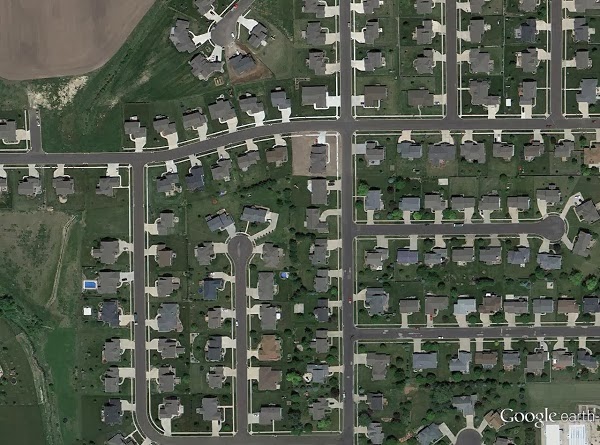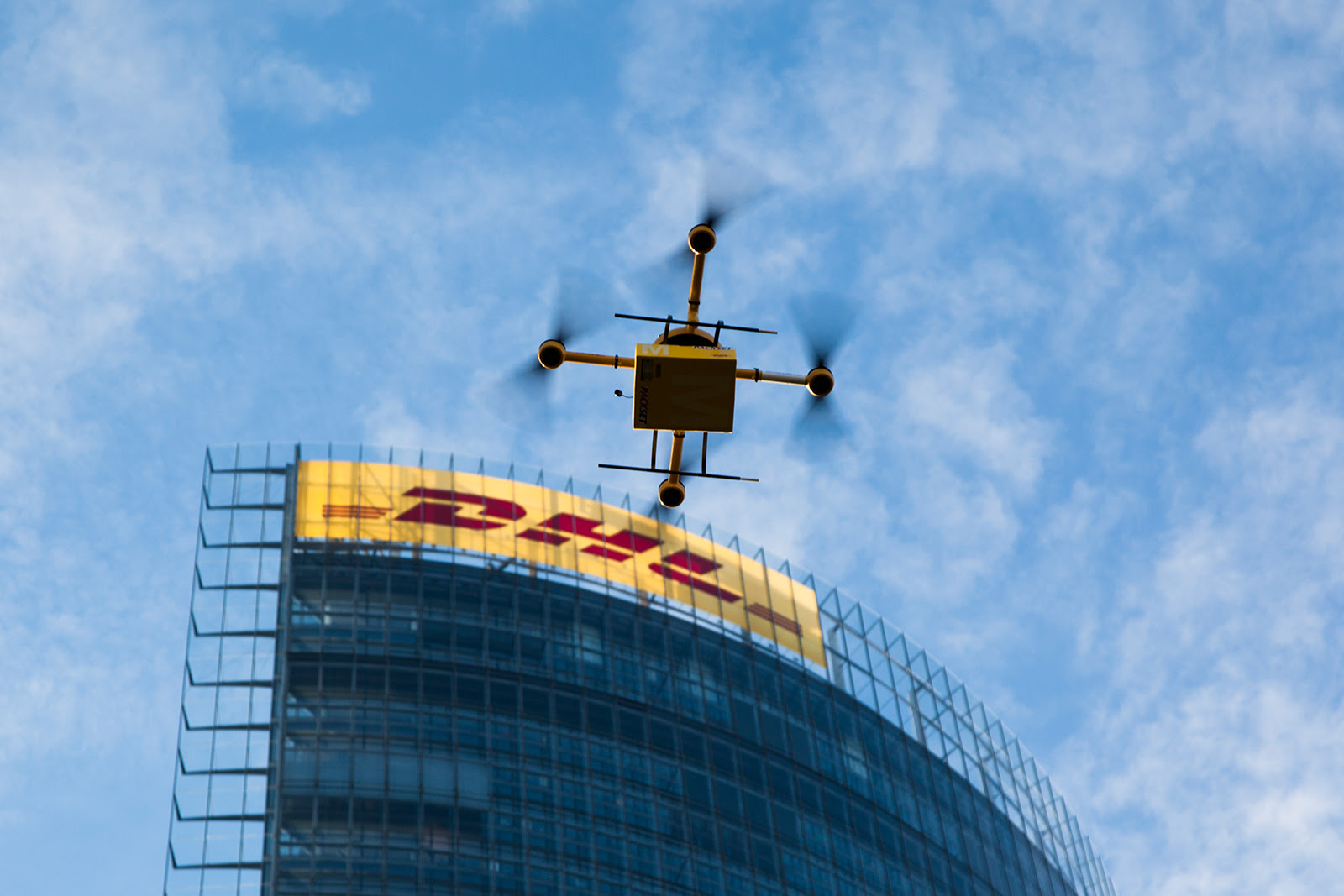Tuesday, December 16, 2014
Here's a holiday gift guide to help you get started in drones
While drones have some great potential both as a tool and an educational hobby, it can be rather intimidating to get started.
There's just so many platforms and widgets to choose from, and it seems every day someone is launching a new type of drone. As I pointed out in a recent post on the sensor journalism Google group, I actually think the market might be bottoming out for creating drone hardware, so hopefully the selection process will be easier in the future.
Complicating the matter is that drones can crash or fly off if they lose a GPS lock, risks that are substantially higher when you're just starting off. Having a $1,000 drone fly off with a $300 camera is not a fun or rewarding introduction to drones and remotely piloted aircraft systems.
So, I've made a holiday gift guide for Make Magazine to show people options for the beginner, intermediate, and advanced drone operator.
If you've never flown a remote controlled aircraft before, I highly recommend something like the Walkera Ladybird. Myself, I've had a fair bit of luck with Quanum Nova, which has an attractive feature set and price for intermediate operators who don't need to loft heavy cameras or go beyond visual line of sight.
Whatever drone you end up choosing for yourself or a special someone, remember to drone responsibly. That means, among other things, picking up an AMA membership and the complimentary insurance that comes with it.
Tags:
diy drones
,
drones
,
getting started
,
MAKE
,
Make Magazine
,
makerspace
,
RPAS
Thursday, February 27, 2014
A call for journalists and makers to join hands around IOT and evidence-based journalism
Writing for Al Jazeera English, D. Parvaz reported on a recent conference for atomic experts organized by the International Atomic Energy Association (IAEA), where it was remarkably difficult to get answers from atomic experts.
The conference, titled “International Experts’ Meeting on Radiation Protection after the Fukushima Daiichi Accident – Promoting confidence and understanding,” was generally closed to the media. Journalists received presentations on USB drives, but were not given any opportunities for Q&A. The media handlers were pleasant, but not very helpful, Parvaz noted.
Great! I requested an interview with the IAEA Scientific Secretariat, Tony Colgan (no can do). Or a statement on why the conference was closed to the media (not so much). How about an IAEA expert on the effects of radiation on sea life? (Nope).
For a conference designed to “promote confidence and understanding” with the public, there was very little engagement with the public. Despite this, Parvaz did find one group of presenters who were very helpful and answered her questions.
Monday, February 24, 2014
Satellite images show devastating effects of a big tornado on a small Illinois town


The Nov. 17, 2013 tornado outbreak ended the lives of three people in the town of Washington, Ill., and upended the lives of many in the town of 15,000.
Many news stations released aerial photos of the devastation, but only recently were satellite photos released which gave a new appreciation of the scope of the disaster. As many as 500 homes were damage or destroyed during the tornado outbreak.
Tags:
data
,
data journalism
,
drone
,
drone journalism
,
Gifford
,
GIS
,
jQuery
,
satellite photos
,
tornadoes
,
Washington
Tuesday, February 4, 2014
A bug's eye view, brought to you by a nano quadrotor drone.
What's better than a tiny drone that buzzes like a bee through offices and hallways? How about a tiny drone shielded with a 3D-printed frame, controlled by a Raspberry Pi base station, and equipped with a miniscule video camera and transmitter?
Tags:
3d printing
,
aerial drones
,
Bitcraze
,
Crazyflie
,
drone journalism
,
drones
,
drones for good
,
FPV
,
maker
,
nano copter
,
nano drone
,
nano transmitter
,
rapid prototyping
,
STEM education
,
unmanned aircraft systems
Monday, January 13, 2014
A discussion on deploying drones for international development
Last month, Deutsche Post DHL transported six kilograms of medicine from a pharmacy in Bonn, across the Rhine River, to its headquarters.
This wouldn't have made international news, except that DHL accomplished this with an unmanned aircraft system - commonly known as a drone.
This came less than a week after Amazon's Jeff Bezos claimed his company would deliver products to customers' doorsteps via drone in three or four years. Regulations and technological hurdles would make Bezos' plan all but impossible in the US near-term, but DHL proved that with proper planning and logistics, you could deliver small parcels with small drones today.
On January 22, The International Research and Exchange Board, or IREX, will be hosting a "deep dive" discussion on how this same technology could benefit international development.
Tags:
deep dive
,
drone journalism
,
drones
,
drones for development
,
drones for good
,
IREX
,
RPAS
,
sUAS
,
UAS
,
UAV
Subscribe to:
Posts
(
Atom
)




